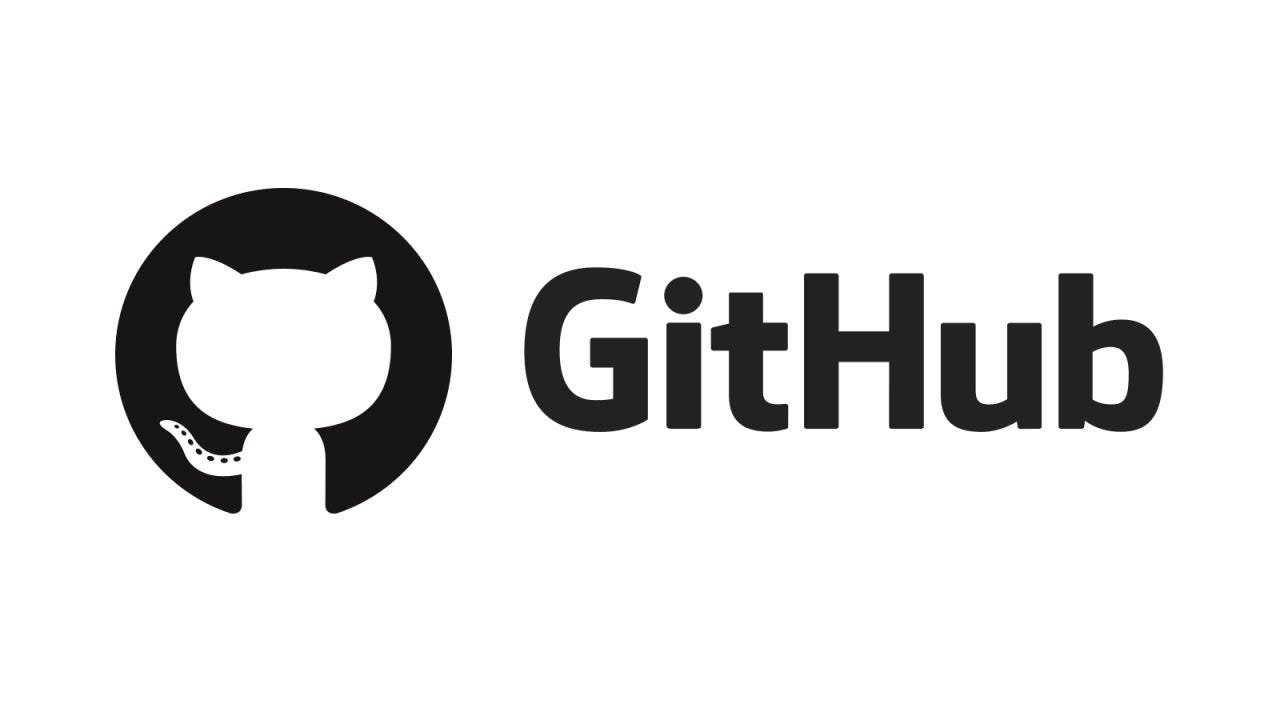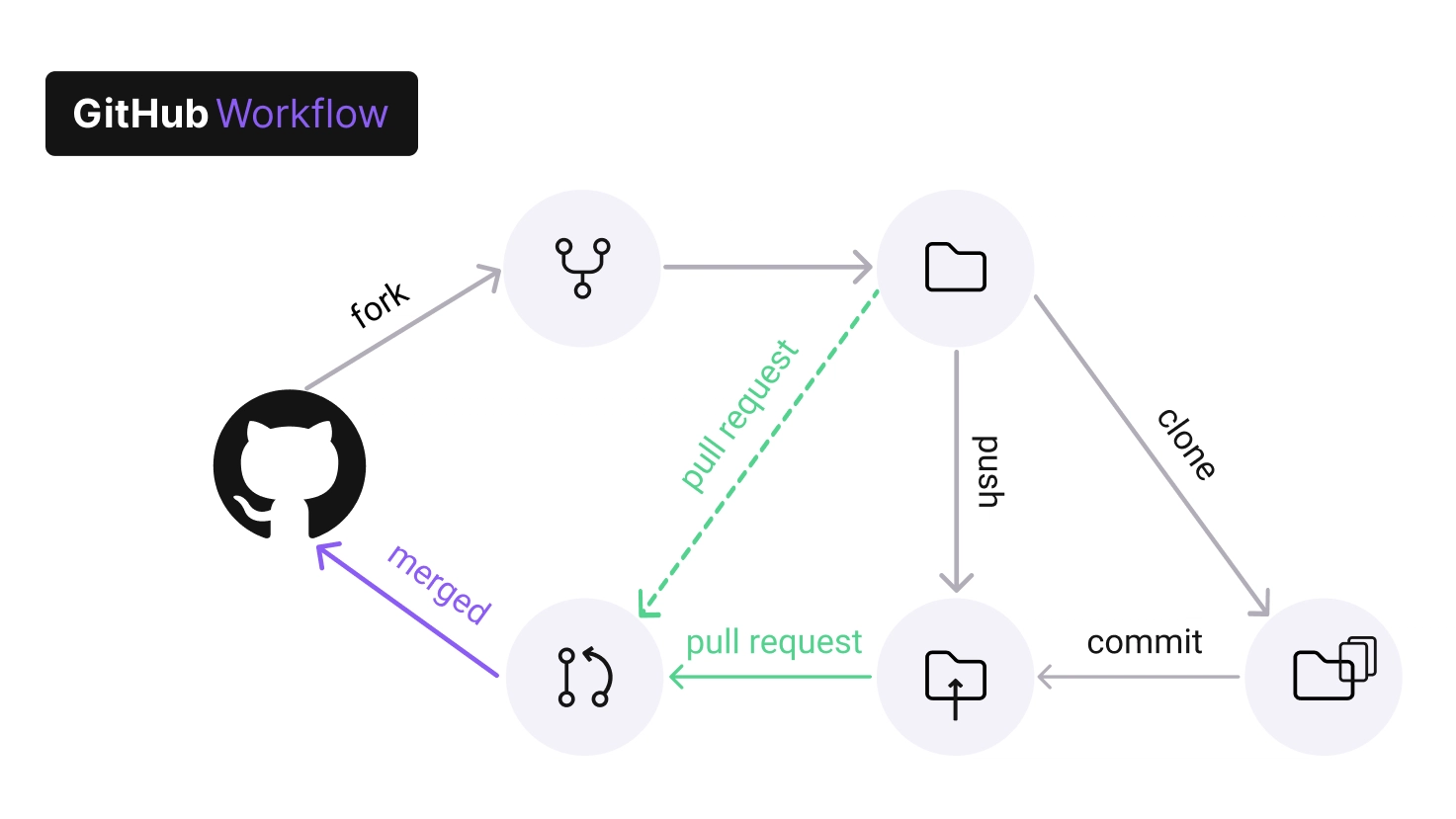Best Practices for Using GitHub Effectively in 2025
GitHub has become the go-to platform for developers, open-source enthusiasts, and organizations worldwide. Whether you're a beginner or an experienced developer, using GitHub effectively can significantly enhance your productivity and improve project collaboration. Here are the best practices to make the most of GitHub in 2025.
1. Master Branching Strategies
Use effective branching strategies like Git Flow, GitHub Flow, or Trunk-Based Development to maintain a clean and organized codebase.
Create branches for features, bug fixes, and experiments to isolate changes and streamline the review process.
2. Write Meaningful Commit Messages
Follow a clear structure for commit messages:
type(scope): message(e.g.,feat(auth): add login feature).Keep messages concise but informative, explaining what the commit does and why.
3. Utilize Pull Requests (PRs) Efficiently
Write clear descriptions in PRs, summarizing changes, motivations, and potential impacts.
Request reviews from relevant team members and use code owners to assign responsibilities.
Use draft PRs to share progress without marking work as complete.
4. Embrace Issue Tracking
Use GitHub Issues to track tasks, bugs, and feature requests.
Label issues effectively (e.g.,
bug,enhancement,documentation) to improve visibility.Assign issues to team members and use milestones to manage deadlines.
5. Implement GitHub Actions for Automation
Automate workflows with GitHub Actions for continuous integration (CI), continuous deployment (CD), and testing.
Set up automated code checks to improve code quality and reduce manual errors.
6. Create an Effective README
Write a clear, engaging README that includes:
Project Overview
Installation Instructions
Usage Guide
Contribution Guidelines
Contact Information
7. Use GitHub Projects for Management
Organize tasks, milestones, and timelines using GitHub Projects.
Visualize progress with Kanban boards and task lists to streamline team collaboration.
8. Leverage Code Reviews
Encourage detailed code reviews to maintain code quality.
Use comments to suggest improvements, highlight issues, and ask questions.
Follow a structured review process to avoid overlooked errors.
9. Secure Your Repository
Enable branch protection rules to restrict direct pushes to the main branch.
Use Dependabot to keep dependencies updated and address vulnerabilities.
Implement two-factor authentication (2FA) for added security.
10. Contribute to Open Source
Actively participate in open-source projects to improve your skills and expand your network.
Follow contribution guidelines, submit meaningful PRs, and engage in community discussions.
Final Thoughts
Mastering GitHub is key to improving collaboration, maintaining clean codebases, and boosting development efficiency. By adopting these best practices, you can streamline your workflow and contribute effectively to both personal and professional projects.
Stay tuned for more insights on improving your coding skills and project management!





Comments
Post a Comment